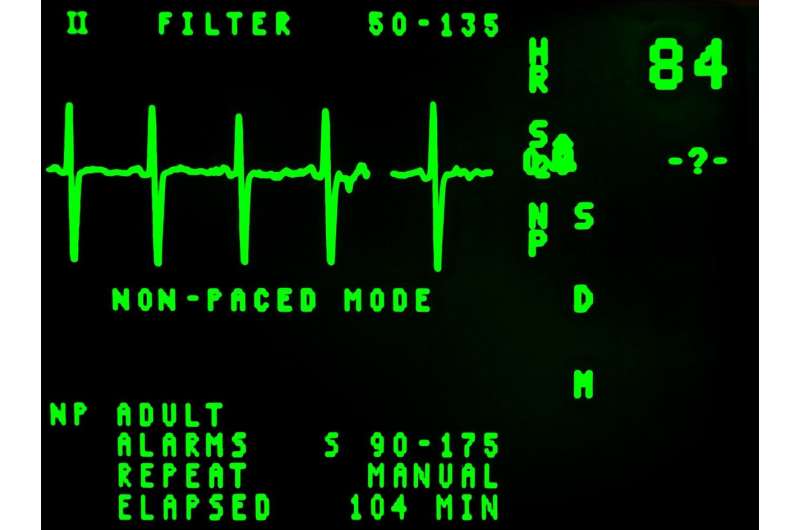Comparison of segmentation algorithms for detecting myocardial infarction

In a new publication from Cardiovascular Innovations and Applications, Yibo Sun and collaborators at China and Capital Medical University, Beijing, China have compared segmentation algorithms for detecting myocardial infarction using late gadolinium enhancement magnetic resonance imaging.
The aim of this study was to validate the accuracy of a new automatic method for scar segmentation and compare its performance with that of two other frequently used segmentation algorithms.
Twenty-six late gadolinium enhancement cardiovascular magnetic resonance images of diseased hearts were segmented by the full width at half maximum (FWHM) method, the n standard deviations (nSD) method, and a new automatic method. The results of the three methods were compared with the consensus ground truth obtained by manual segmentation of the ventricular boundaries.
The automatic method yielded the highest Dice score and the lowest volume difference compared with the consensus ground truth segmentation. The nSD method produced large variations in the Dice score and the volume difference. The FWHM method yielded the lowest Dice score and the greatest volume difference compared with the automatic, 6SD, and 8SD methods, but resulted in less variation when different observers segmented the images.
The automatic method introduced in this study is highly reproducible and objective. Because it requires no manual intervention, it may be useful for processing large datasets produced in clinical applications.
More information: Jianzeng Dong. Comparison of Segmentation Algorithms for Detecting Myocardial Infarction Using Late Gadolinium Enhancement Magnetic Resonance Imaging, Cardiovascular Innovations and Applications (2020). DOI: 10.15212/CVIA.2019.0574



















